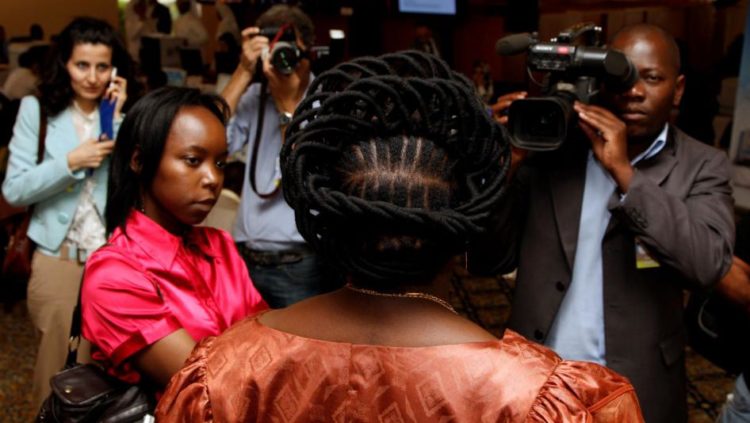Mozambique over the weekend slapped exorbitant licensing fees on both local and international media outlets running news about the country. This fee, which is over 50 times more than the Mozambican minimum wage has faced a lot of criticism; with the Mozambique’s National Human Rights Commission (CNDH) saying it infringes on the basic right every human has to information. The Mozambique Government stated that 60% of these fees will be remitted to the state budget and the rest, to the Government’s press office. Local Correspondents are mandated to pay $2,500 while Foreign Journalists will be charged a fee of $8,500 per year.
In a statement, the CNDH, added its voice to the chorus of criticism of the proposed fees. It conceded that the government has the right to update licensing and accreditation fees but said such a measure should not undermine the right to information.
The CNDH points out that the current legal framework on access to information “takes as its guidelines the greatest divulging of information and free access to information… In other words, access to information is a matter of public interest and this access should be promoted and facilitated”. It added: “The legal framework meant that the relevant state bodies must take measures to promote the broadest possible access to information”.
See Also: Zambia Introduces Internet Calls Tax, Expect to Raise $22m Annually
CNDS also warns that the enormous fees imposed by the July decree are not in line with the guidelines contained in the legal instruments on the right to information that are in force in the country.
The justification given for the fees is that they are necessary to ensure the sustainability of the sector – but none of the money raised by the fees will go to the media. The decree states that 60 percent of the money from the fees will go to the state budget, and the remaining 40 per cent will go to the government’s press office. Meanwhile, the government is not showing signs of backing down as it is set to uphold the regulation, in a statement released via the Ministry of Culture and Tourism.














